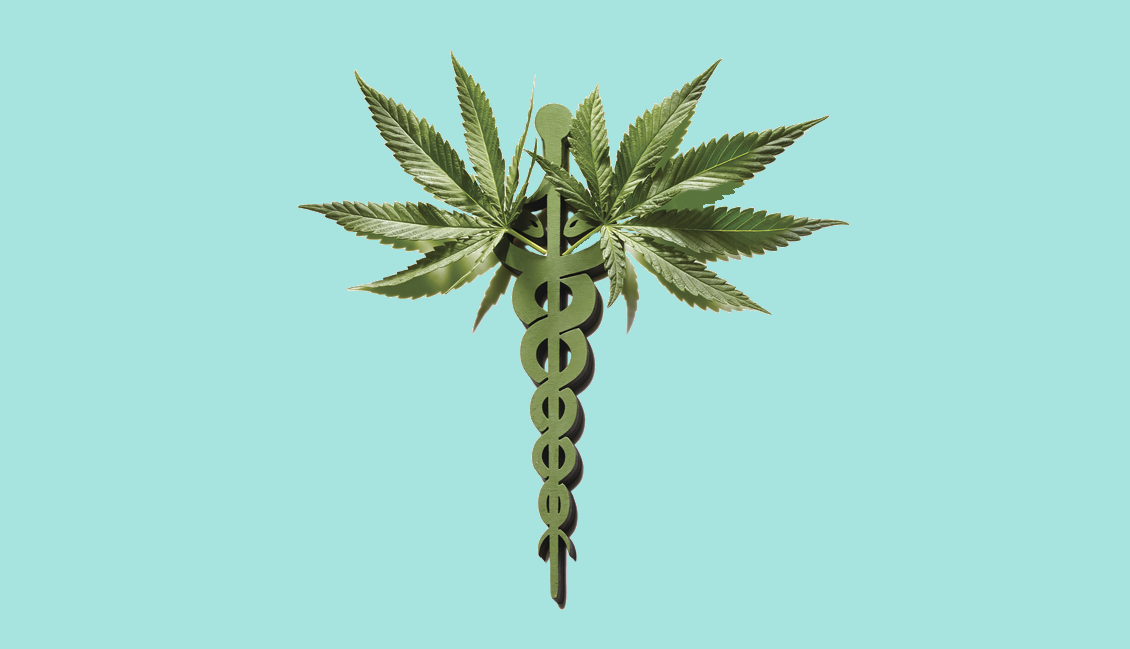Discovering the Diverse Use Medical Cannabis in Modern Medication
In the realm of modern-day medication, the exploration of medical cannabis has introduced a range of prospective applications that extend far beyond its conventional use. From discomfort monitoring to neurological problems, the convenience of marijuana in attending to various health problems has piqued the passion of medical care experts and researchers alike. As we browse with the elaborate landscape of clinical marijuana in contemporary medical care, it becomes obvious that its diverse usages hold pledge for innovative healing interventions.
Discomfort Administration
Pain administration making use of clinical cannabis has garnered boosting focus in the area of healthcare because of its prospective efficiency in giving alleviation for numerous sorts of chronic and acute discomfort problems. The cannabinoids existing in clinical marijuana, particularly tetrahydrocannabinol (THC) and cannabidiol (CBD), are understood for their analgesic homes. These substances connect with the endocannabinoid system in the body, which plays an important duty in managing pain sensation.

As more research study is performed and regulations progress, clinical cannabis might possibly play a more substantial role in the multimodal technique to discomfort administration in medical care.
Epilepsy Treatment
Discovering the efficiency of clinical marijuana in taking care of epilepsy has actually revealed encouraging outcomes in enhancing seizure control and high quality of life for clients with treatment-resistant types of the condition. In recent years, research into the usage of clinical cannabis, particularly compounds like cannabidiol (CBD), has actually obtained focus for its possible restorative benefits in epilepsy management.
The existing data suggests that clinical cannabis might be a valuable enhancement to the therapy options offered for patients with refractory epilepsy (Medical Cannabis Card). As further research study unravels, the duty of medical cannabis in epilepsy therapy proceeds to be an area of active expedition in the clinical neighborhood.

Stress And Anxiety Relief
Research studies have demonstrated the potential of medical marijuana in supplying relief for individuals struggling with anxiousness problems. Stress and anxiety is a typical mental wellness problem that impacts millions of individuals worldwide. Typical treatments for anxiety, such as therapy and drug, may not always be reliable for everybody. This has led researchers to discover alternate options, consisting of clinical cannabis.
Marijuana includes compounds called cannabinoids, which engage with the body's endocannabinoid system. This system plays a crucial role in regulating various physical processes, including mood and stress feedbacks. By targeting the endocannabinoid system, clinical marijuana might help reduce signs of stress and anxiety.
Research studies have shown that specific cannabinoids, such as cannabidiol (CBD), have anxiolytic properties, implying they can decrease stress and anxiety levels. CBD is non-psychoactive, unlike tetrahydrocannabinol (THC), another cannabinoid discovered in cannabis. This makes CBD an encouraging alternative for people looking for stress and anxiety relief without experiencing the copyright impacts commonly related to marijuana use.
Cancer Signs And Symptom Control
Given the promising impacts of medical marijuana on anxiety relief, its prospective application in assisting manage signs connected with cancer is an area of boosting passion amongst researchers and health care specialists. Cancer cells patients typically experience various upsetting signs such as pain, nausea, loss of hunger, and sleeping disorders as a result of the condition itself or the side effects of treatment. Medical marijuana, with its compounds like THC and CBD, has shown promise in minimizing these signs.
Pain management is among one of the most widely acknowledged benefits of medical marijuana in cancer care. Researches have indicated Web Site that marijuana can help in reducing discomfort degrees, enhancing the lifestyle for people going through index cancer therapy. Furthermore, marijuana has antiemetic homes that can aid in decreasing nausea and throwing up, common adverse effects of chemotherapy. Its ability to boost hunger can be useful for people experiencing weight loss due to cancer or its therapies.
Neurological Disorders Assistance

In epilepsy, for instance, CBD has been examined for its potential to reduce the frequency and severity of seizures in clients who do not react well to traditional anti-seizure medicines. THC has actually shown promise in reducing muscle spasticity and discomfort in individuals with numerous sclerosis. Individuals with Parkinson's illness have reported renovations in motor symptoms such as tremblings and rigidity after making use of clinical cannabis.
While even more research study is needed to totally comprehend the mechanisms and long-term results of medical marijuana on neurological conditions, current proof recommends that it could be a useful enhancement to standard treatment alternatives for patients seeking sign relief. (Medical Cannabis Doctor)
Verdict
To conclude, clinical marijuana has demonstrated its effectiveness in different clinical applications, consisting of discomfort monitoring, epilepsy therapy, anxiety relief, cancer sign control, and support for neurological conditions. The diverse uses clinical marijuana in contemporary medication emphasize its prospective as a beneficial device for medical care specialists in boosting person end results and top quality of life. More study and expedition of its healing advantages are necessitated to completely comprehend and harness its medicinal residential properties.
Discomfort administration using medical marijuana has actually gathered enhancing attention in the field of medical care due to its possible effectiveness in offering relief for numerous kinds of acute and persistent discomfort conditions.Studies have actually revealed promising outcomes pertaining to the usage of medical marijuana in easing neuropathic pain, arthritis, migraine headaches, and various other forms of discomfort that are commonly challenging to treat with traditional drugs. Individuals who have actually not reacted well to conventional discomfort administration techniques might discover relief with clinical cannabis. As further study unfolds, the role of clinical cannabis you can find out more in epilepsy treatment proceeds to be an area of active expedition in the medical community.
In verdict, clinical cannabis has actually demonstrated its effectiveness in various medical applications, including discomfort administration, epilepsy treatment, stress and anxiety relief, cancer cells sign control, and assistance for neurological conditions. (Medical Cannabis Card)